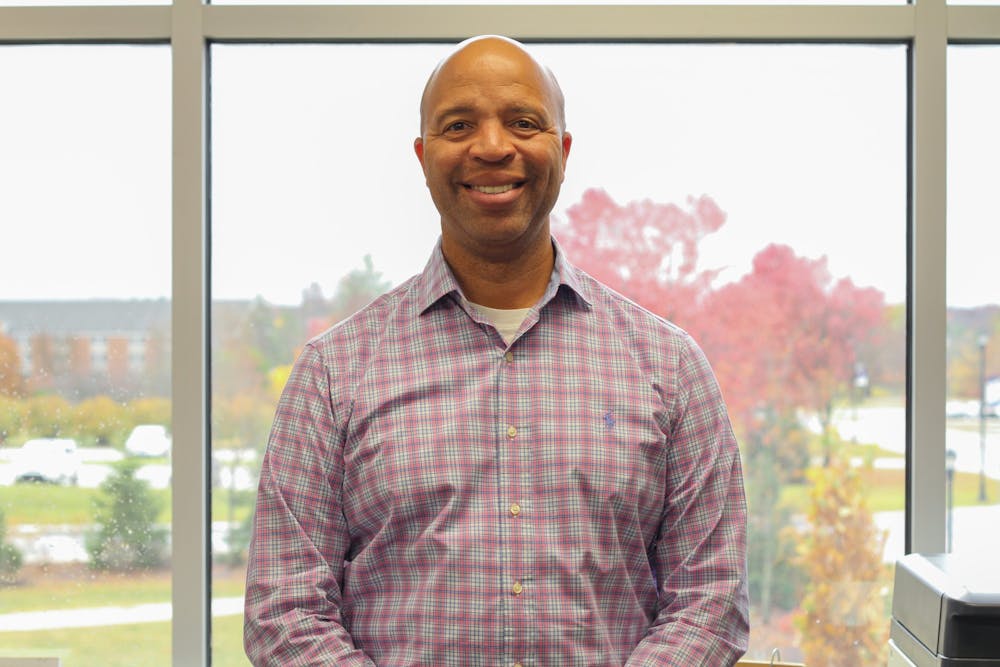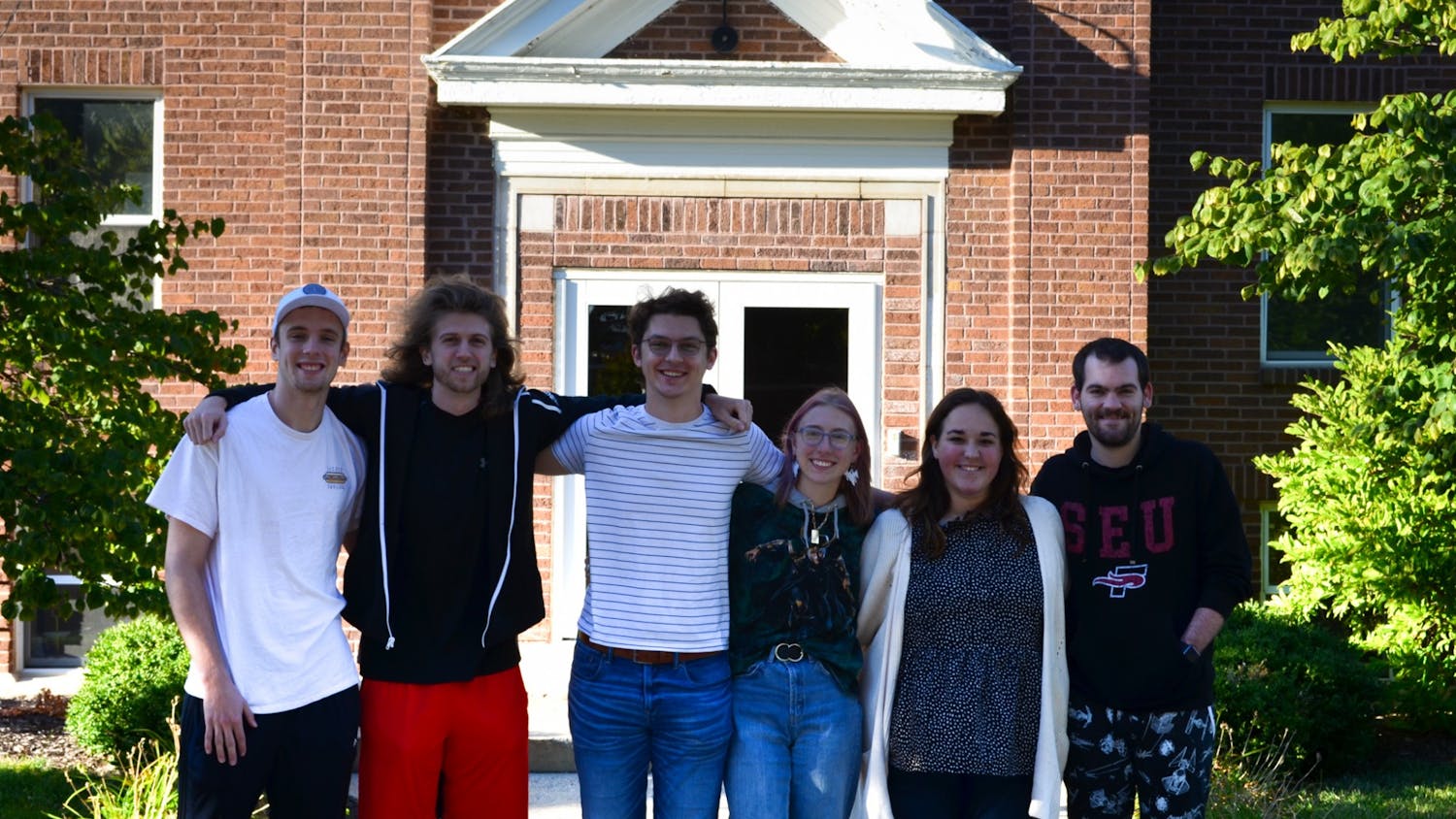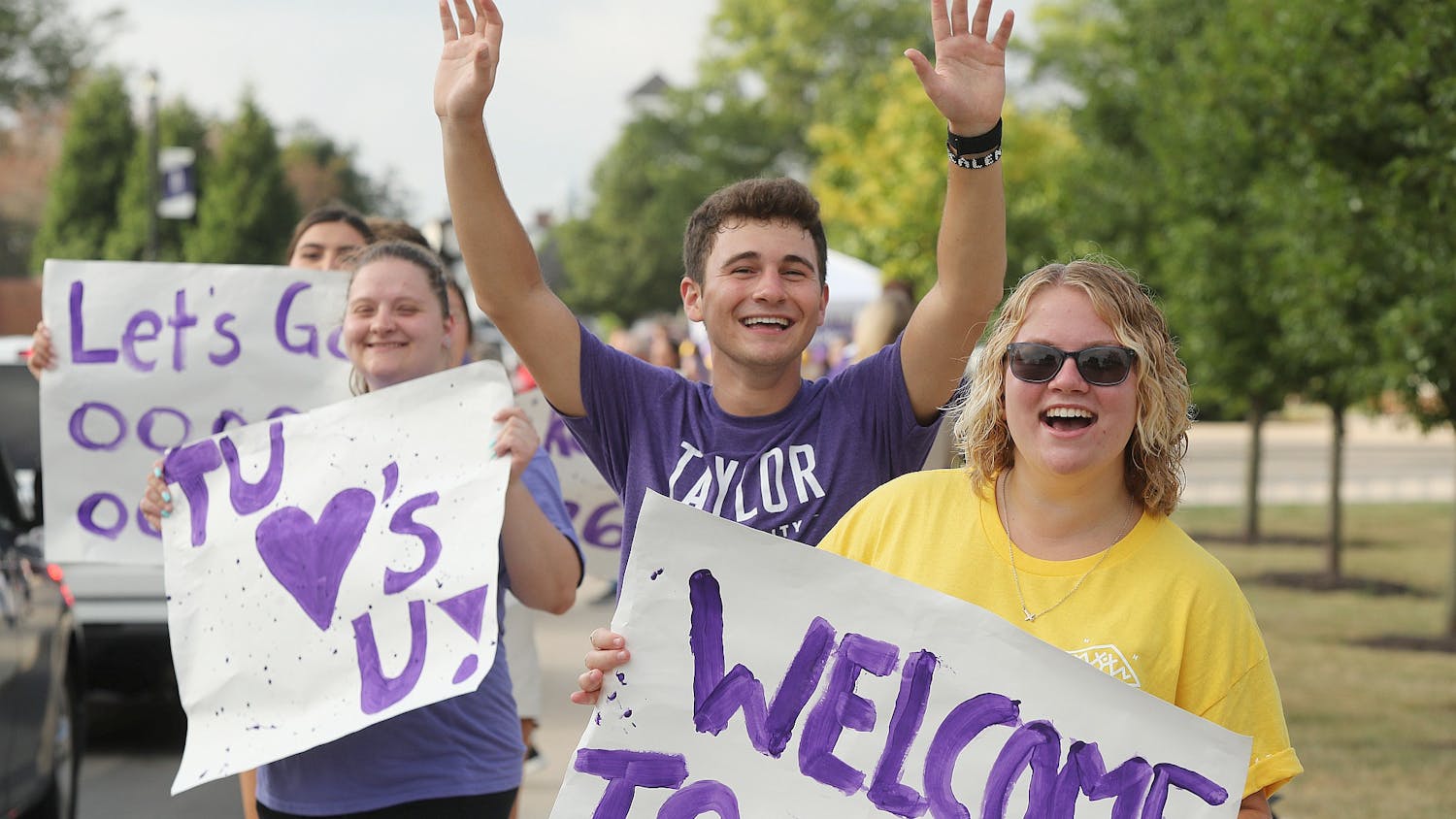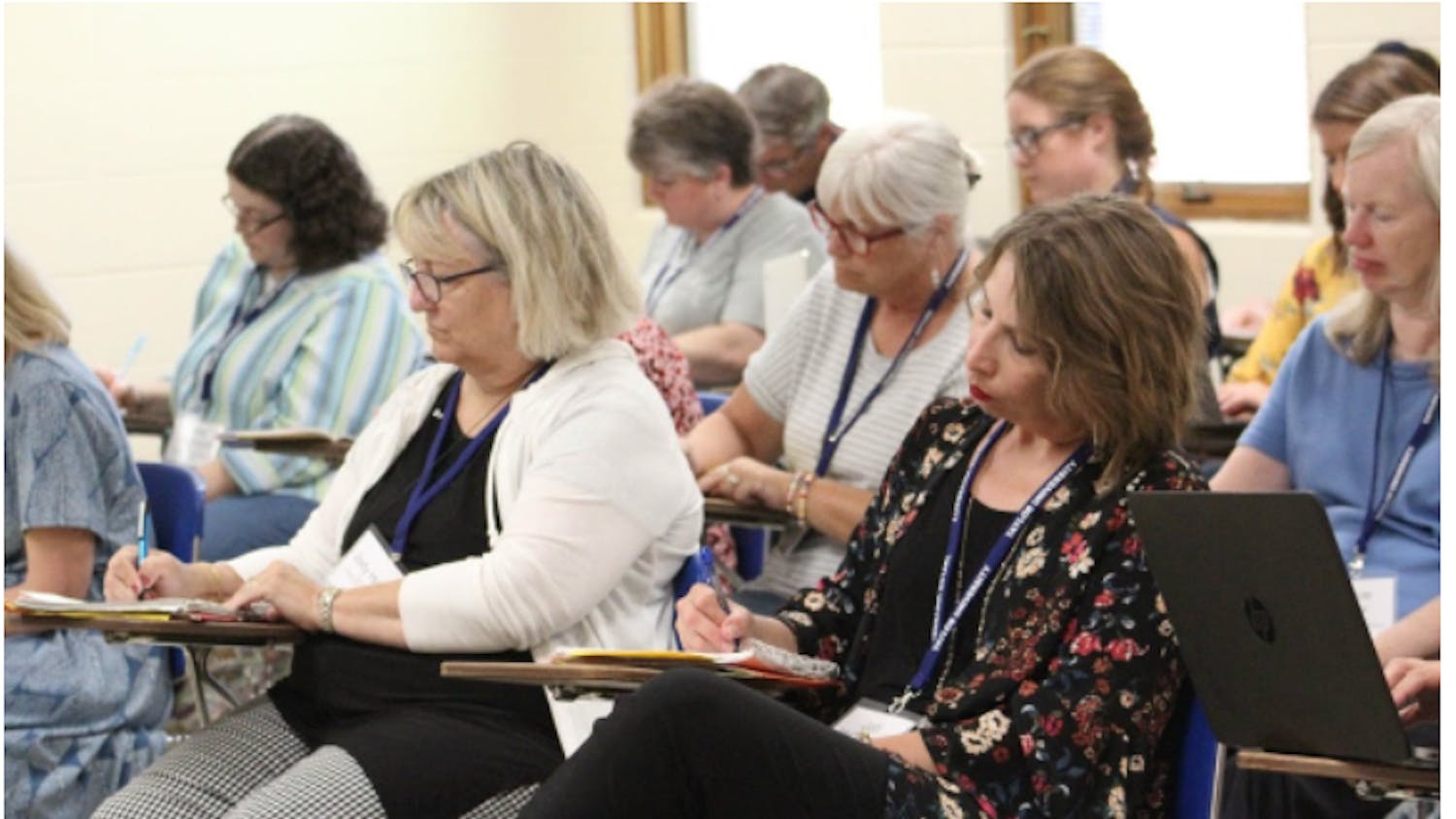Taylor University’s counseling center has made several additions to its program in efforts to expand student accessibility and maximize the center’s presence on campus.
The biggest addition is the hiring of new personnel including two part-time counselors and Director of the Counseling Center Craig Cochran. The center is actively conducting more interviews for a third part-time counselor position.
Cochran started his position Sept. 26 and has already begun plans for reinforcing connections between the center and the student body.
Some of these connections have been generated through concepts such as group work, individual counseling sessions, collaborations with the Office of the Student Body President and creating direct conversation with residence halls.
“We want to be intentional about trying to meet students where they're at,” Cochran said. “That started with the former director, and I'm trying to expand on that.”
The center currently has six staff members: three interns, two part-time counselors and one full-time counselor. According to Cochran, the center has seen 168 students this semester so far.
Assistant Director of the Counseling Center Jenny Schamber said that historically, the center sees one-fourth of the student body every year. Last year, however, the counseling center saw roughly one-third of the population.
With the new personnel on board, Schamber and Cochran expect that it will alleviate some staffing difficulties and open more mental health resource opportunities for students.
“I think the biggest challenge is always meeting demand — and we're not unique in that,” Schamber said. “Counseling centers across the United States are trying to meet that demand.”
Most institutions and clinics have patient waiting lists spanning for months, and the Taylor counseling center’s goal is to prevent students from feeling they need to search off-campus for resources.
One method the center plans to use to promote accessibility is group work. Groups centered around specific ideas such as anxiety-stress management or trauma-based struggles can help many students at once. It also functions to advance psychoeducation on mental health and needs.
Some students do not seek counseling and simply need someone to listen to their struggles and thoughts. Group work is one way to address this and to also encourage reliability in a community setting that could operate outside of the professional scope.
In a time where there is a shortage of counselors and therapists, Cochran hopes to enunciate to students that the counseling center is available to them at no cost.
“We all know that mental health counseling is experiencing high demand at Taylor,” Cochran said. “We want to do everything we can to be available to students. This may mean more than just individual counseling. It could include workshops, groups and collaboration with other departments on campus.”
The counseling center has also been working with the Office of the Student Body President to facilitate mental health awareness and communicate what resources are available.
Student Body President Kenley Blake said that students can expect to see events like De-stress Week happen again this semester.
“Sometimes stress and joy are simultaneously found in the same moment where you're feeling anxious,” Blake said. “You also find ways to channel joy and be able to realize that it's okay to take a deep breath, it's okay to relax, it's okay to, like, submit those stresses to Lord and lay them at his feet.”
The counseling center is just one outlet for students who feel they are struggling or need help.
Schamber encourages students to reach out to the counseling center and to any other form of resource or guidance in their lives.
The center has a mission to support and serve Taylor’s student body as it needs.
“We're body, soul, mind and spirit, and mind is a part of that,” Schamber said. “I think that's the biggest overarching kind of goal is to administer the student need in the realm of mental health.”
The counseling center is open 8 a.m. to 5 p.m. Monday through Friday. A walk-in hour is also available daily at 3 p.m. for students without an appointment.





